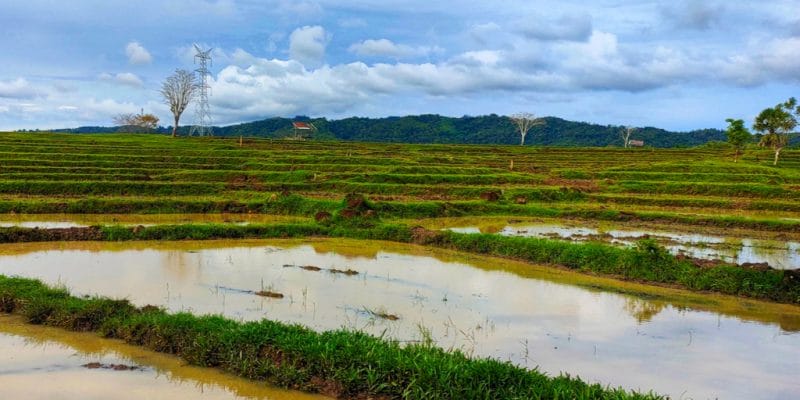The Netherlands wants to fund a rain-fed agriculture project for the Darfur region and South Kordofan State in Sudan. On August 30th, 2021, the Dutch government launched a call for projects for organisations. Proposals are expected by September 30th, 2021.
In Sudan, rain fed agriculture covers a total area of about 15 million hectares, or 80% of the total cultivated area in the country, according to a report (2019) by the French Treasury.
The Netherlands wants to support a rain-fed agriculture project in the Darfur region and South Kordofan State. Amsterdam wants to contribute to the food security of the people in these two regions of Sudan. Currently, the North African country has barely 30 billion m3 of water per year, of which 20 billion m3 comes from the Nile, 5 to 7 billion m3 from seasonal rivers (wadis) and 4 billion m3 from groundwater, according to a report by the French Treasury.
23 million in funding
Organisations interested in the Dutch call for projects must submit their proposals by September 30th, 2021. Two organisations will be selected after reviewing the applications. They will then be asked to submit fuller proposals for their rain fed agriculture projects. The organisation selected after this final review will receive 23 million euros in funding from the Dutch government. The funds will be allocated in phases over a period of four years.
Read Also – AFRICA: Reconciling agriculture and biodiversity is possible
By funding this project, the Netherlands hopes to contribute to the achievement of Sustainable Development Goal 2 (SDG 2) of the United Nations (UN) 2030 Agenda, which aims to eliminate hunger, ensure food security, improve nutrition and promote sustainable agriculture. Within this framework, the Dutch government will also “improve water collection at household level to increase availability, propose inclusive and sustainable solutions to resolve conflicts around land and increased access to land, etc.,” says the Dutch embassy in the capital Khartoum.
For more information on the call for projects, click here.
Inès Magoum







